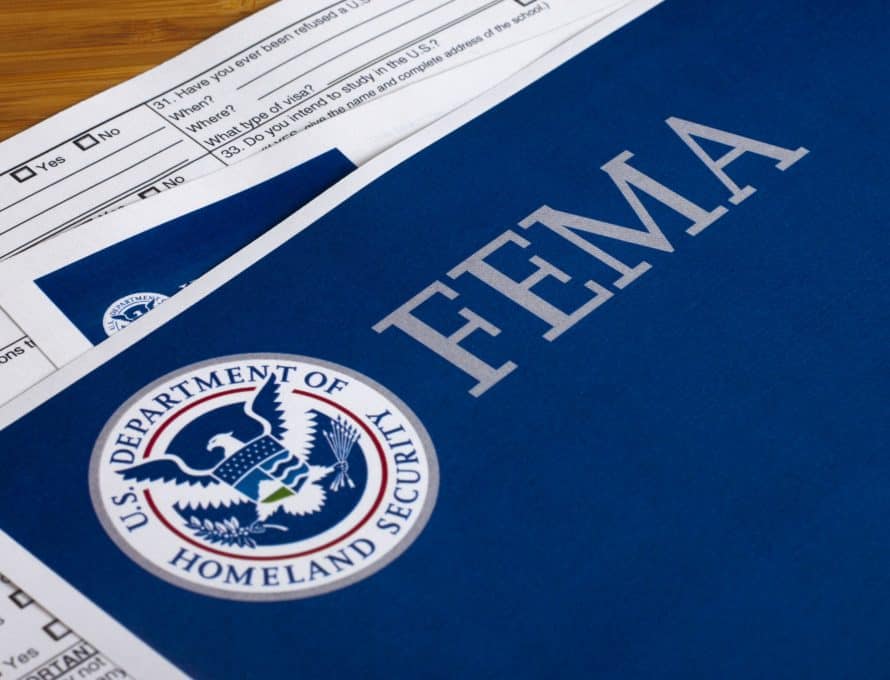WASHINGTON (BP) – Churches whose facilities have been damaged by natural disasters now are eligible to receive relief funds from the federal government, according to a Jan. 2 announcement from the Federal Emergency Management Agency (FEMA).
“Private nonprofit houses of worship will not be singled out for disfavored treatment within the community centers subcategory of [public assistance] nonprofit applicants,” FEMA Recovery Directorate Assistant Administrator Alex Amparo wrote in a guide outlining the change in policy. The guide defines, among other matters, the types of nonprofit organizations eligible to receive funding as “community centers” under the federal Stafford Disaster Relief and Emergency Assistance Act.
U.S. Senator Roy Blunt (Mo.) commended FEMA’s announcement.
“I’m glad to see FEMA do the right thing by ensuring houses of worship are eligible for disaster aid on the same terms as other non-profits,” said Blunt. “As we saw again last year, houses of worship serve a vital role during disasters, providing shelter, food, and other services for families who need it the most. However, it’s important that we make this policy permanent law by including my legislation in any disaster supplemental funding considered by the Senate. In light of the Supreme Court’s decision in Trinity Lutheran Church of Columbia, it’s clear that this is what the Constitution requires.”
In the wake of damage to Texas churches by Hurricane Harvey in August, President Trump and Texas Gov. Greg Abbott both had urged FEMA to make houses of worship eligible to receive the same type of disaster relief funds available to other nonprofits.
Three small Texas churches sued FEMA Sept. 5 for access to disaster recovery funding available to other nonprofits.
Jim Richards, executive director of the Southern Baptists of Texas Convention, said FEMA’s policy change “is in the public interest.”
“While we should be cautious of government entanglements that can accompany financial help, the Gospel ministries of Southern Baptist churches are crucial and beneficial to their communities,” Richards told BP in written comments. “Neighborhoods and towns will recover more quickly as churches are able to continue the good work they began even as the floodwaters in South Texas were rising. We welcome this announcement that the federal government will assist churches to restore their facilities.”
FEMA, in announcing its policy change, cited the U.S. Supreme Court’s 2017 ruling in Trinity Lutheran Church of Columbia v. Comer that the state of Missouri could not bar a Lutheran church from participating in a government-funded playground resurfacing program simply because it was a church.
According to a Jan. 2 FEMA news release, houses of worship are eligible to apply for FEMA assistance “if their facilities suffered damage from an event declared a major disaster on or after August 23, 2017, or … if they had applications pending with FEMA” as of that date “that have not yet been resolved by FEMA.”
As with funding for other nonprofit organizations, FEMA assistance for churches under the Stafford Act is limited to repair or replacement costs not covered by a loan from the U.S. Small Business Administration (SBA), the release stated. In order to receive FEMA funding, houses of worship must first apply for an SBA loan and either be denied or receive an insufficient amount to cover building repairs.

